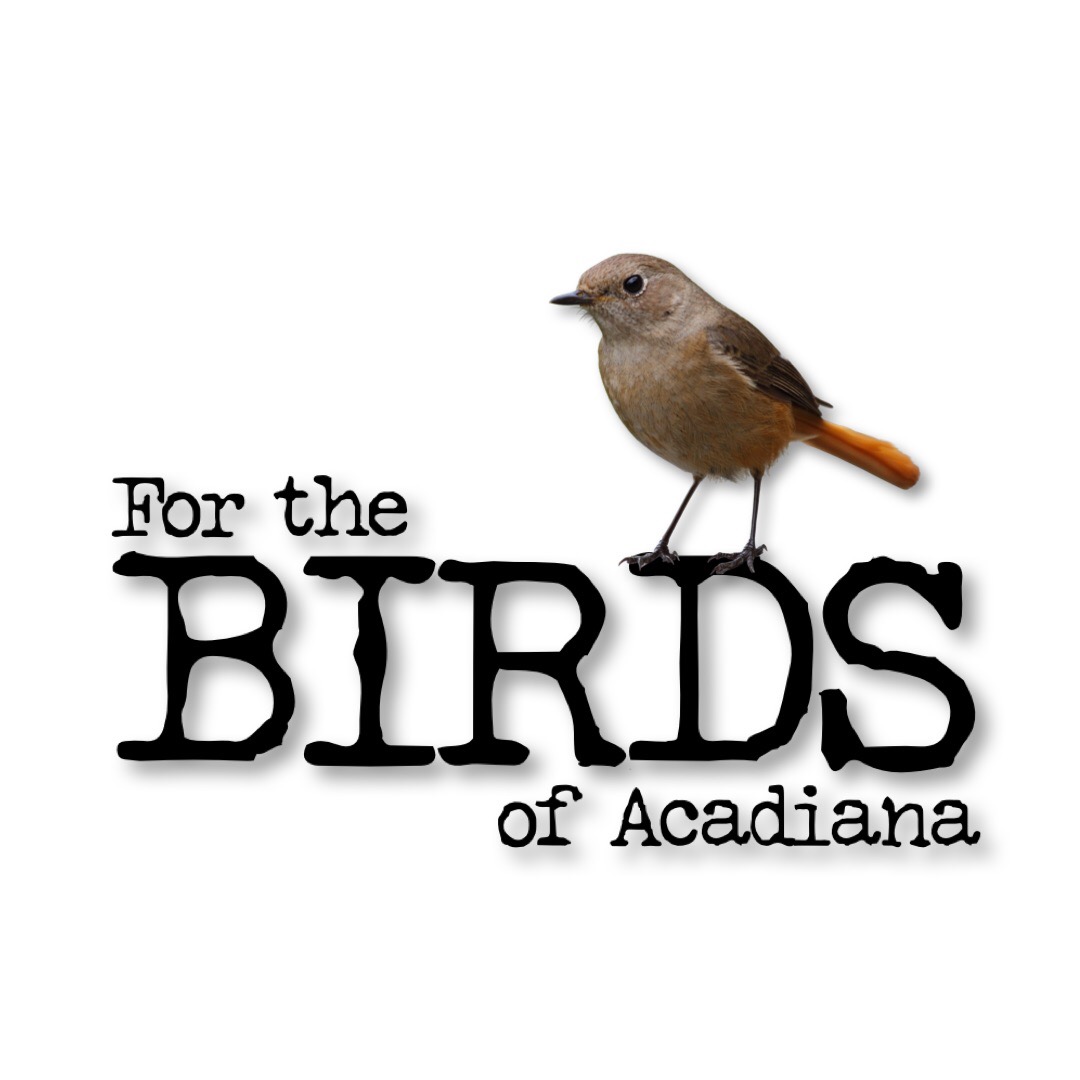Keeping Bird Feeders Clean: Essential Tips for Healthy Backyard Birds
- For The Birds

- Jan 9
- 3 min read
Keeping bird feeders and bird baths clean, as well as the ground beneath them, is essential for maintaining a healthy environment our backyard bird visitors.
Accumulation of debris, mold, and pathogens can lead to serious health issues for birds, such as the spread of disease and parasites.

Ensuring the cleanliness of the area surrounding bird feeders is crucial in preventing the spread of diseases among backyard birds.
A clean feeding and bathing area promotes better hygiene, attracting a broader variety of species and ensuring their well-being. Key points to consider include:
Preventing Disease Transmission: Regular cleaning reduces the risk of avian diseases, which can devastate local bird populations.
Encouraging Bird Visits: Clean feeders and baths are more inviting, leading to increased bird activity and diversity.
Enhancing Aesthetic Appeal: A well-maintained feeding area is visually pleasing, contributing positively to your garden or outdoor space.
For effective cleaning, consider the following recommended ingredients: Bleach solution: A mixture of mild dish soap, hot water and diluted bleach (1 part bleach to 9 parts water and ) can be employed for thorough disinfection of feeders and baths, but ensure it is rinsed thoroughly to avoid toxicity.
Common pathogens that can affect backyard birds include:
Salmonella: This bacterium can cause severe gastrointestinal illness in birds and can be transmitted through contaminated food and water.
Trichomoniasis: Caused by a protozoan parasite, this disease affects the throat and digestive tract, leading to lethargy and difficulty feeding.
Mycoplasma: Caused by a group of bacteria known as Mycoplasma, which can lead to respiratory diseases and other health issues in avian species.
These microorganisms are primarily spread through direct contact between infected and healthy birds, as well as through respiratory secretions, contaminated surfaces, and shared food and water sources. Keeping bird feeders and bird baths clean can significantly reduce the spread of these common pathogens.

Here are some important points to consider:
Regular Cleaning of the Surrounding Area: It’s essential to routinely clean any droppings, spent seeds, or moldy seeds from the ground beneath the feeders. These organic materials can harbor pathogens and parasites that may affect the health of visiting birds.
Disease Mitigation: Bird droppings can contain harmful bacteria, viruses, and parasites that can easily spread to other birds. By promptly removing droppings and waste, you significantly reduce the risk of disease transmission within your feathered community.
Proper Disposal: When cleaning, be sure to dispose of any droppings and moldy seeds in a sealed bag to prevent the spread of pathogens to other areas of your yard or garden.
Use a Ground Cover:
Implementing a ground cover, such as gravel or mulch, can help with drainage and make it easier to keep the area clean. This can also discourage rodents that might be attracted to fallen seeds.
Frequent Monitoring:
Regularly check the area for any signs of contamination and clean as necessary, especially during peak feeding times.
By prioritizing the cleanliness of bird feeders and baths and the areas beneath them, we can foster a safe and inviting habitat for our feathered friends while minimizing the risk of these pathogens and thus contributing positively to conservation efforts.
Julie S. Rabalais
Founder / Director
For The Birds of Acadiana
LDWF/USFWS Permitted Avian Rehabilitation
220 Cambridge Dr.
Lafayette, LA 70503
337-501-4523
We are a licensed, non-profit wildlife rehabilitation facility funded solely through donations. Thank you for your support.




Comentarios